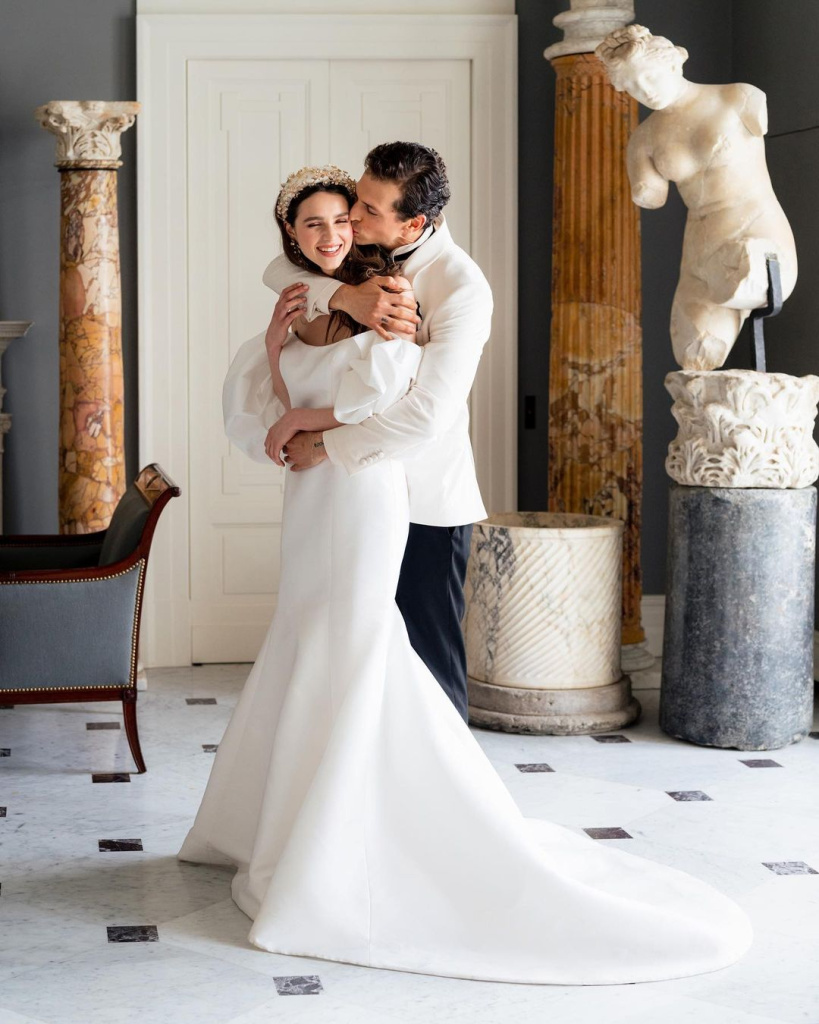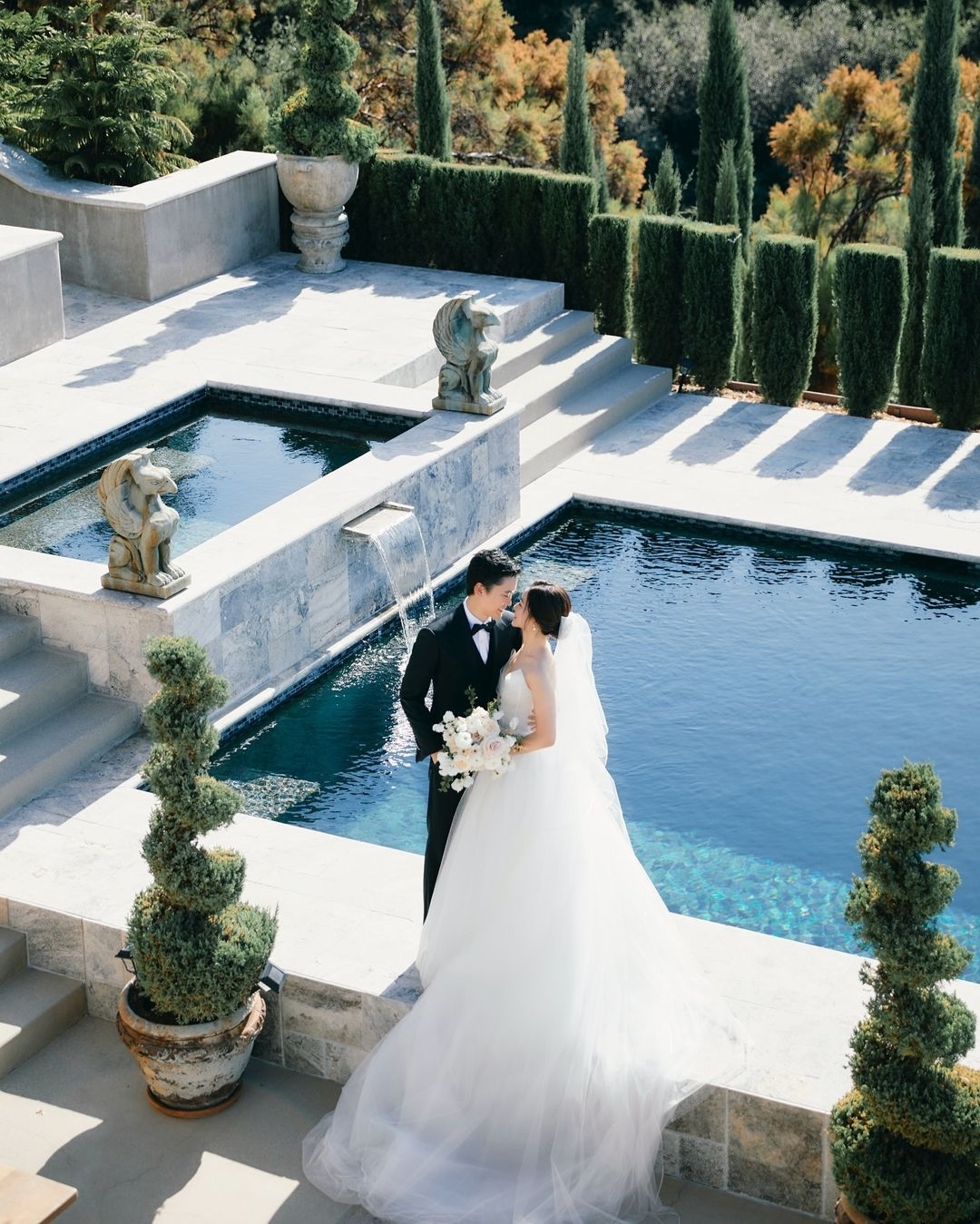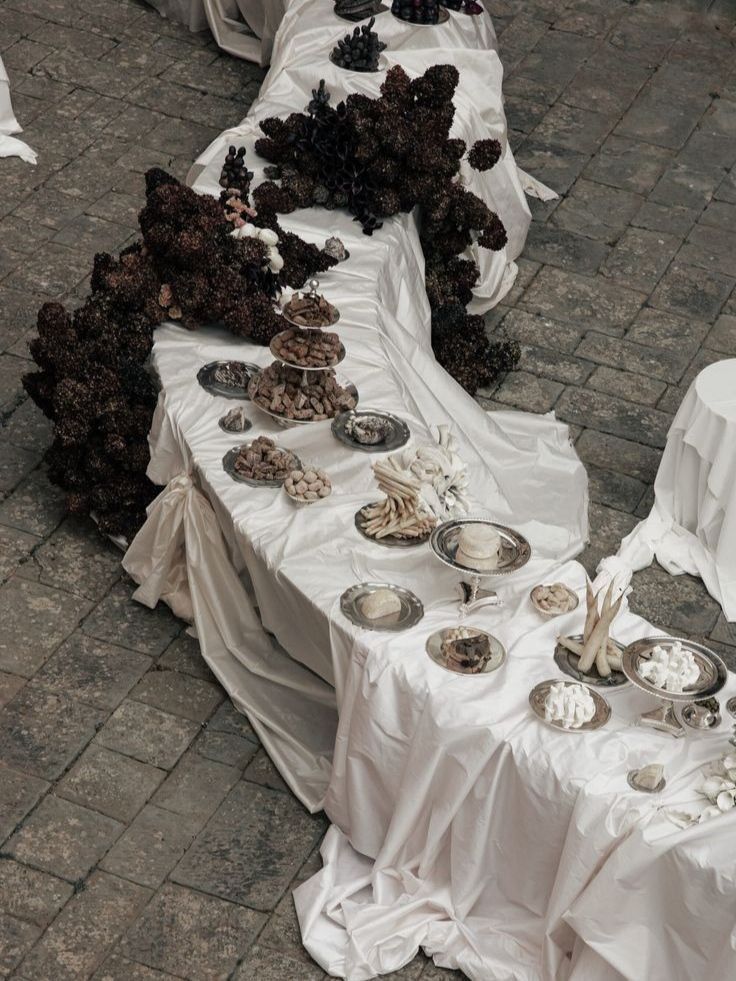Your Step-by-Step Guide to Getting a Marriage License and Certificate
- Author: Natali Grace Levine
- Reading time: 6 min 53 sec
- Publication date: 11/24/2024
- Updated: 01/07/2025
Congratulations! You're about to embark on one of the most exciting journeys of your life, and making it official starts with a few legal steps. Getting a marriage license and certificate might sound daunting, but with a little guidance, it’s straightforward—and can even be enjoyable! This guide will walk you through everything you need to know, from the basics to tips for a smooth process. We'll break down each step, answer common questions, and ensure you feel confident every step of the way.

Understanding the Marriage License vs. Marriage Certificate
While these terms are often used interchangeably, they serve distinct purposes and play unique roles in your wedding journey. Let’s break down each one to clarify their importance.
Marriage License: The Permit to Marry
The marriage license is the document you apply for before the wedding, essentially granting you legal permission to marry. You and your partner will apply for it at a government office, often the county clerk, where you’ll need to bring valid IDs and pay a small fee. After the ceremony, your officiant and witnesses sign the license, making it “executed.” The officiant then submits it to the county, recording your marriage.
Marriage Certificate: Proof of Your Marriage
Once the marriage license is filed, the county issues your marriage certificate, which serves as official proof of marriage. Unlike the temporary marriage license, the marriage certificate is permanent and used for legal purposes, such as changing your last name, updating insurance policies, and securing spousal benefits.
Steps to Obtain a Marriage License
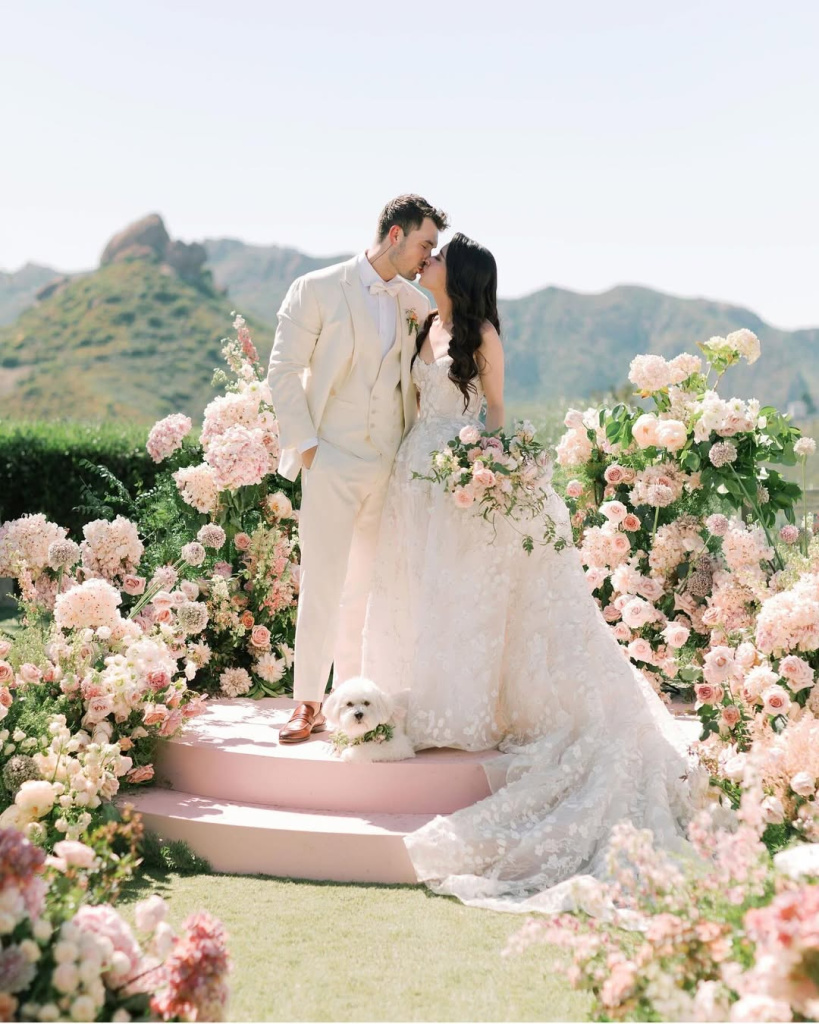
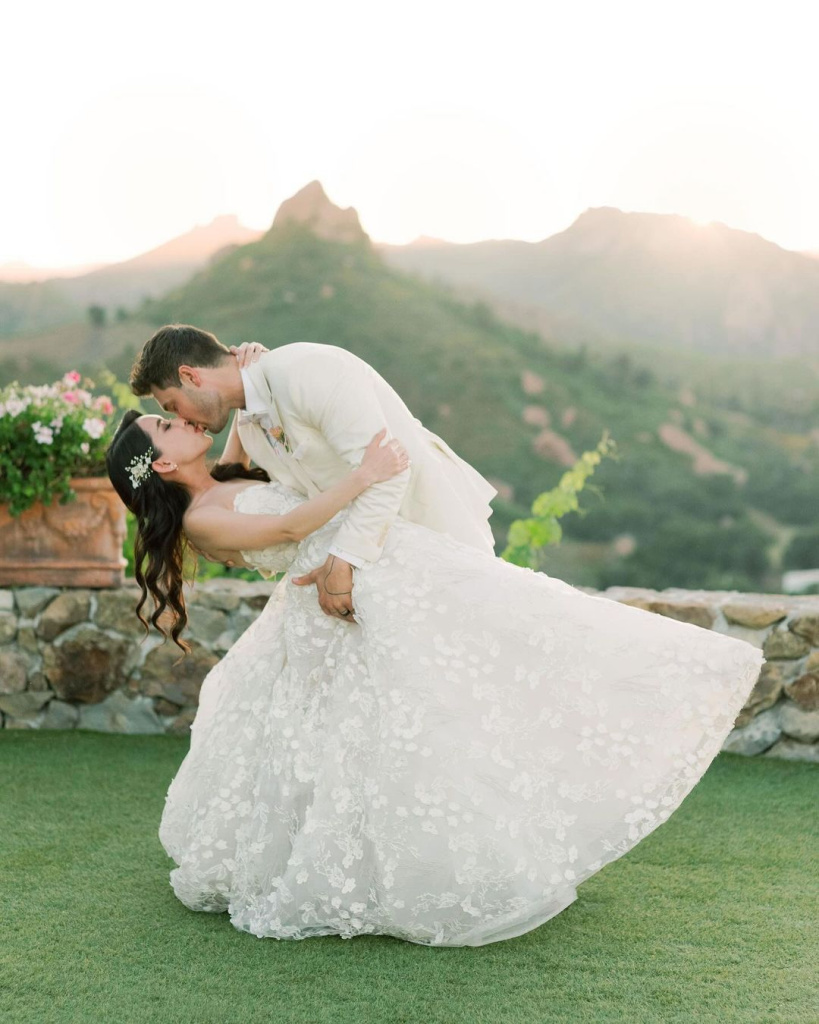
Getting a marriage license is an essential part of making your union legal, and it involves a few straightforward steps. Here’s a detailed breakdown of everything you need to know to obtain your marriage license smoothly and efficiently.
Step 1: Research the Requirements
Marriage license requirements can vary depending on your state, county, or country, so it’s essential to start by researching your local rules. Most counties provide this information on their website, but you can also call your local clerk’s office. Key areas to consider include:
- Identification: Typically, you’ll need valid, government-issued photo IDs, such as driver’s licenses, passports, or state IDs.
- Residency Rules: Some states require you to be a resident, while others don’t. Double-check if residency affects your application.
- Fees: Most counties charge a fee for the marriage license, ranging from around $20 to $120. Confirm the accepted payment methods (cash, credit, debit).
- Waiting Periods: Some states have waiting periods (24-72 hours) between when you obtain the license and when it becomes valid for use. Knowing this in advance helps with planning.
- Expiration Date: Many licenses are valid for only a certain period, typically between 30 and 90 days. Be sure to apply within a time frame that fits your wedding date.
- Parental Consent and Legal Age: If one or both of you are under the legal age (usually 18), you may need parental consent or court approval. Make sure to understand any additional requirements.
Step 2: Visit the Local Marriage License Office Together
Most counties require both partners to be present to apply for a marriage license. Here’s what to expect during the visit:
- Find the Right Office: Head to the county clerk or recorder’s office in the area where you plan to get married (or your local county if it’s allowed).
- Complete the Application: You’ll either fill out the application in person or, in some cases, online in advance. Double-check that you’ve included all required information, such as full legal names, addresses, and birthdates.
- Submit Identification Documents: Present your government-issued IDs and any other required documents, such as birth certificates or proof of divorce if you’ve been married before.
- Sign the Application: You’ll likely need to sign in front of a clerk or official, so both partners must be present.
- Pay the Application Fee: The office will typically accept cash or cards, so bring your preferred payment method.
Helpful Tip: Use this visit as a “pre-wedding” outing and take some time to celebrate or grab a meal afterward. Making the process enjoyable can add a nice memory to your wedding journey.
Step 3: Wait Out the Waiting Period (If Applicable)
If your state or county has a waiting period, you’ll need to wait the required number of hours or days before your license becomes valid. During this time, you can focus on last-minute wedding details, knowing your paperwork is in progress. If there’s no waiting period, the license is valid immediately.
Examples of Waiting Periods:
- 24 Hours: New York requires couples to wait 24 hours after getting the license before using it.
- 72 Hours: Texas has a 72-hour waiting period unless you meet certain exceptions (e.g., active military personnel or completed a state-sanctioned premarital course).
- No Waiting Period: California, for instance, allows couples to use their marriage license immediately after issuance.
Step 4: Get Married and Have Your License Signed
On your wedding day, bring your marriage license to the ceremony. Here’s what happens:
- Designate Your Witnesses: Some states require one or two witnesses to sign the marriage license along with you and your officiant. Check your local requirements.
- Have Your Officiant Sign: Your officiant, whether a religious leader, justice of the peace, or friend ordained for the occasion, will need to sign the license.
- Signatures of the Couple: You and your partner will also sign, completing the license and making it official.
This step makes your marriage license an “executed” document, confirming that the ceremony has taken place.
Step 5: Submit the Marriage License for Recording
After the ceremony, your officiant is typically responsible for submitting the signed marriage license to the county clerk’s office for official recording. This process finalizes your marriage and leads to the issuance of your marriage certificate.
- Check Processing Time: Some offices process marriage licenses and issue certificates within a few days, while others may take several weeks.
- Confirm Mailing of the Certificate: Many counties will mail your marriage certificate automatically after processing, while others may require you to pick it up or order a certified copy.
Helpful Tip: Order additional certified copies if you plan on updating identification documents or need to prove your marriage for legal reasons. Certified copies are stamped and signed by the county, making them official records.

Common Questions About Marriage Licenses and Certificates

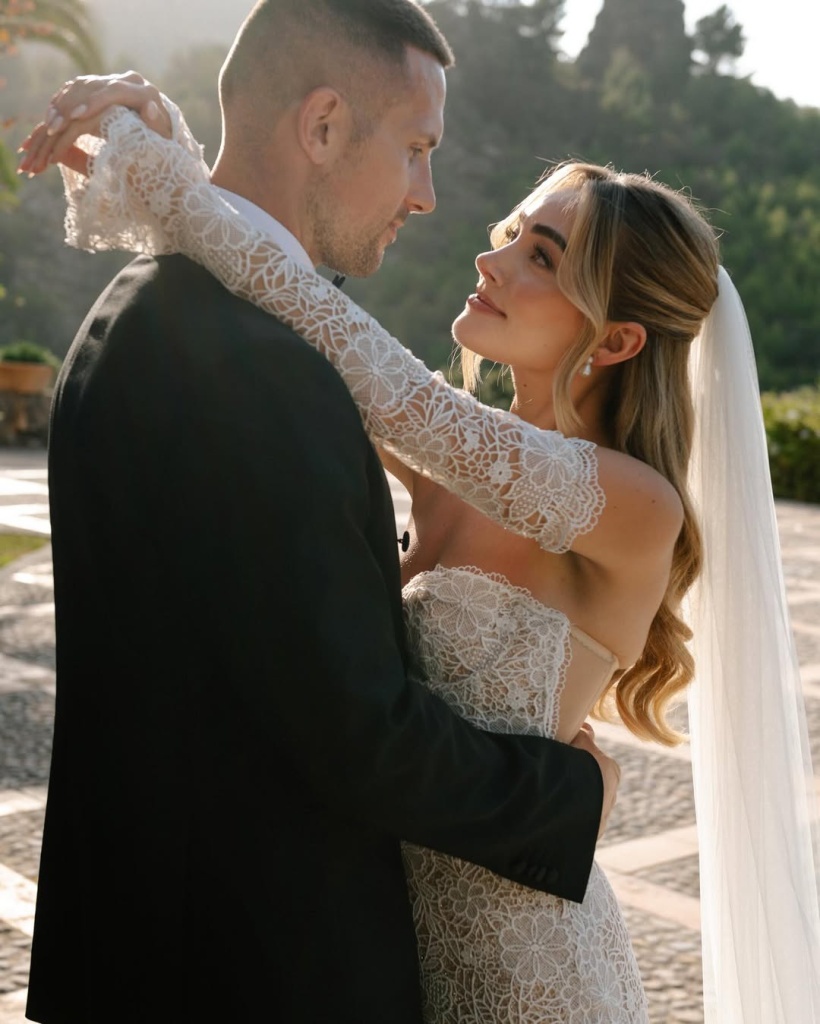
Here, we’ll answer some of the most frequently asked questions to help clear up any uncertainties and ensure you have all the information needed to make your marriage official. From understanding who needs to sign to know how long the documents are valid, these FAQs will help you navigate each step with confidence.
Do both partners need to be present to apply for a marriage license?
Yes, in most cases, both partners need to be present in person at the county clerk’s office to apply for a marriage license. Some counties offer online applications, but usually, both of you will still need to show up to finalize the application.
How long is a marriage license valid?
Marriage license validity varies by location, usually ranging from 30 to 90 days. Be sure to schedule your application so it’s valid on your wedding day but doesn’t expire before the ceremony.
What happens if our marriage license expires before we get married?
If your marriage license expires, you’ll need to apply for a new one and may have to pay the fee again. Check your state’s rules on expiration to avoid this by planning the application timing carefully.
Can we get a marriage license in one state and use it in another?
No, most marriage licenses are only valid in the state (and sometimes the county) where they were issued. If you’re planning a destination wedding, you’ll need to obtain a license in that state or country or check for any exceptions that may apply.
Do we need witnesses to sign our marriage license?
Many states require one or two witnesses over the age of 18 to sign the marriage license after the ceremony. Be sure to check your state’s requirements, as some states don’t require witnesses at all.
What is the difference between a certified copy and a regular copy of the marriage certificate?
A certified copy is an official copy of your marriage certificate, typically stamped or embossed by the issuing office to verify its authenticity. Regular copies lack this verification and may not be accepted for legal purposes.
How do I change my last name after marriage?
After receiving your certified marriage certificate, you can start the name-change process. You’ll generally need to update your Social Security card first, then proceed with your driver’s license, passport, bank accounts, and other official records. Many counties provide name-change instructions with your certificate.

Can I still get a marriage license if I’m already married?
No, marriage licenses are only issued to individuals who are not currently married. However, if you’re planning to renew your vows, many officiants and venues will happily accommodate vow renewal ceremonies without the need for a new marriage license.
What should I do if I lose my marriage certificate?
If you lose your marriage certificate, contact the county clerk’s office where it was issued. They can typically provide a replacement certified copy for a small fee. It’s always a good idea to order a few certified copies when you initially receive your certificate.
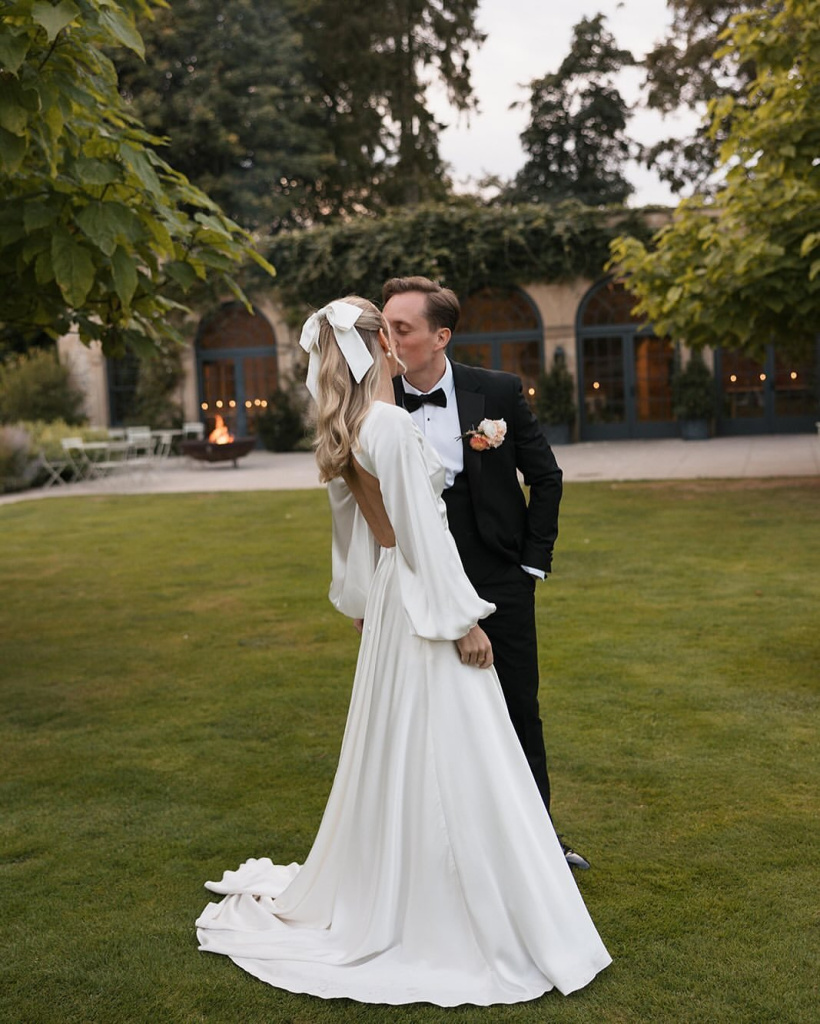
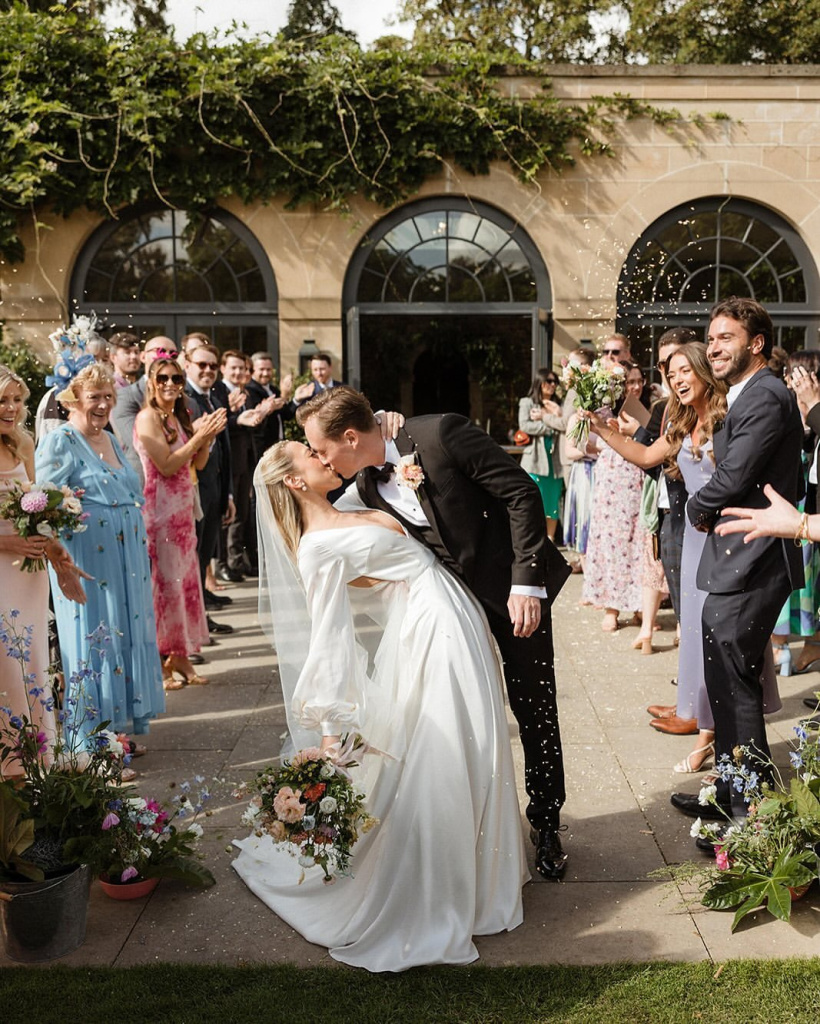
Can I use my marriage certificate in another country?
Yes, but you may need an apostille or additional authentication to use it abroad, especially if the certificate is for immigration or legal purposes. Contact your local embassy or consulate for guidance on how to authenticate your marriage certificate for international use.
Is there a difference between a marriage license and a marriage certificate in every country?
Many countries use a similar process, with a document issued before the wedding (like a license) and a certificate issued afterward. However, the specific terms and steps may vary, so it’s important to check the laws and terminology used in the country where you’re getting married.
What if my officiant doesn’t submit the signed marriage license?
If the officiant forgets to submit your license, your marriage might not be legally recorded. It’s essential to follow up after the ceremony to ensure the license has been submitted and filed with the county. If there’s an issue, you may be able to resubmit it yourself by contacting the issuing office.






